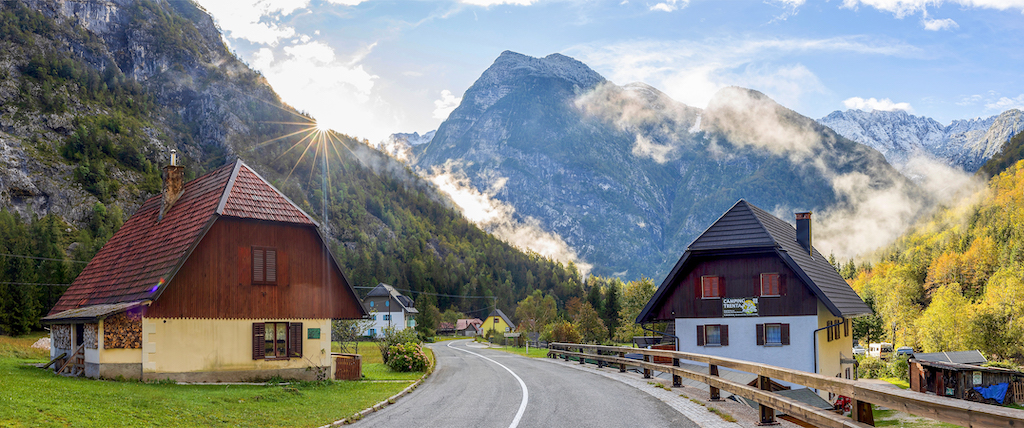By: G. B.
The Surveying and Mapping Authority of the Republic of Slovenia (GURS) has recently published the new generalised real estate values, which reflect the state of the real estate market as of January 1st, 2025. Property owners will receive a notification of the assigned values by mail.
The generalised values are calculated for all properties recorded in the valuation register, taking into account their basic characteristics (use, location, size, age of buildings and building parts, and quality). These values are accessible through dedicated applications available on the Prostor portal, according to GURS. On May 13th, a new decree on property valuation models came into effect, which the government adopted at the end of April. This decree adjusts the valuation models – on which GURS bases its property valuations – to the current state of the real estate market. Under the law on mass real estate valuation, GURS is required to review the valuation models every two years. Upon review, it was found that the previous models from 2020 no longer met legal criteria, so new ones were established. As early as October last year, GURS published trial values based on the draft of the revised valuation models, which reflected the market situation as of January 1st, 2024. The newly published values are about eight percent higher than those trial values from October. The valuation zones remain unchanged – the highest prices are still found in Ljubljana and its surroundings, the Coastal region, and Kranjska Gora area. The total generalised value of all real estate in Slovenia is estimated at €298 billion, according to GURS.
They want to tax us, but…
It is clear that all of this is connected to a new property taxation system. At Demokracija, we have repeatedly pointed out inconsistencies in this tax reform, as it will primarily harm those from lower social classes. The proposed system would, in fact, bypass the owners of prestigious villas, who would end up better off than, say, someone who owns a modest apartment and a small weekend cottage.
With this, however, Golob’s ruling elite has sawn off the very branch they are sitting on, especially if they had hoped to imprison Janez Janša over real estate “deals”. According to our sources, under the new methodology, the official value of Janša’s former estate in Trenta is now estimated at €135,000 (just the building and surrounding land are valued at over €80,000). The Specialised State Prosecutor’s Office had always relied on the premise that, according to GURS, the entire property was worth around €20,000 (according to some valuations, even less), and that SDS leader Janez Janša had made a disproportionate and possibly corrupt profit from its sale, as prosecutors Boštjan Valenčič and Luka Moljk had suggested.
The Higher Court will have to consider GURS’s new methodology
As is known, Janša, Klemen Gantar, and Brane Kastelic were acquitted at the first level. However, since the prosecution announced an appeal, the higher court will now decide the case – and could potentially reach a completely different conclusion than the Celje District Court. Some sources claim that the recent annulment of Zoran Janković’s acquittal was a sort of “rehearsal” ahead of the continuation of the Trenta case. The prosecution – and the orchestrators behind this affair – are hoping that the first-instance verdict will be overturned and that a conviction will finally remove Janša from the political arena. They are counting on higher court judges being “more reasonable” and acting in the same spirit as former Supreme Court President Branko Masleša and his circle during the Patria case.
But now, this will be much harder to achieve. If, under GURS’s new methodology, Janša’s former property is now valued even higher than the amount paid for it at the Imos auction by the company Nepremičnine (€127,000), which then resold it to a private individual at a higher price, this constitutes a strong argument in favour of the defence. There is no doubt that GURS’s new valuation methodology is a sufficiently strong argument for the higher court to uphold the acquittal of the three accused, who have been involved in one of the dirtiest trials in the history of the Slovenian judiciary.
